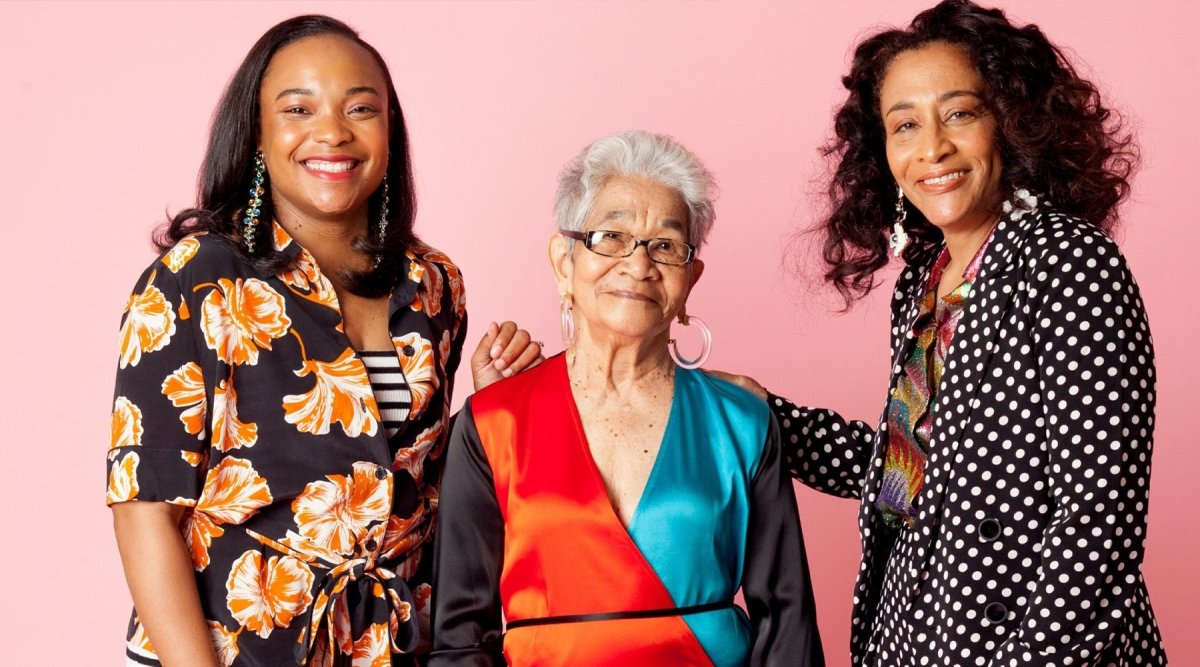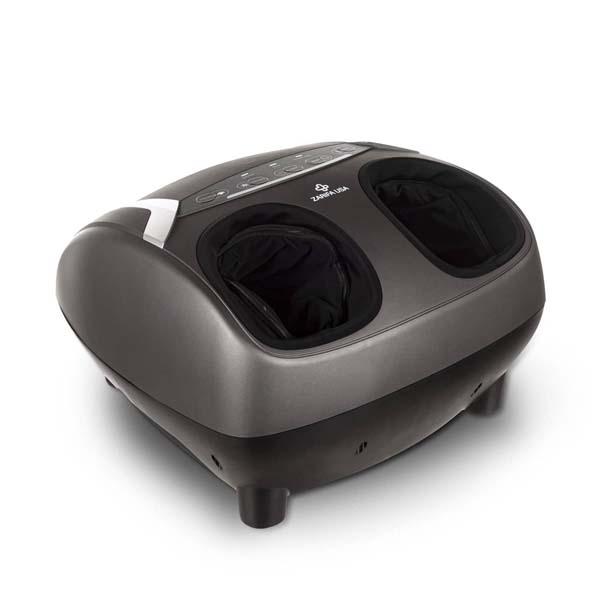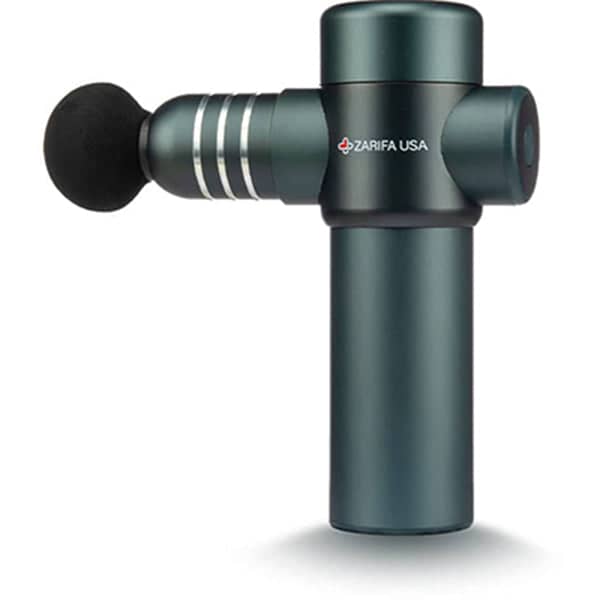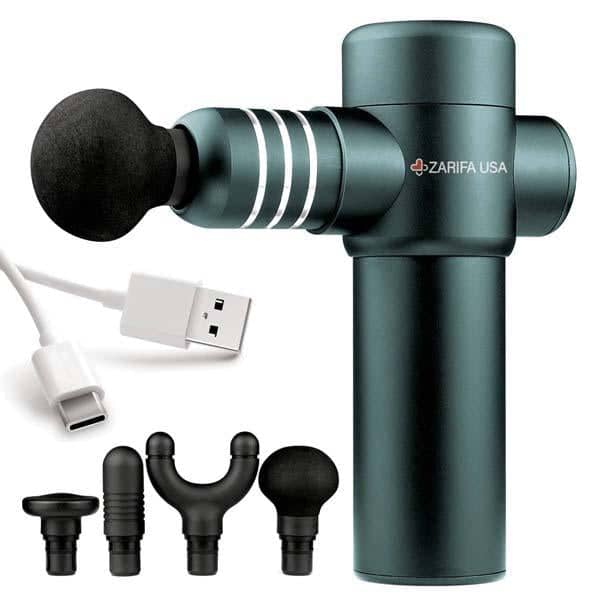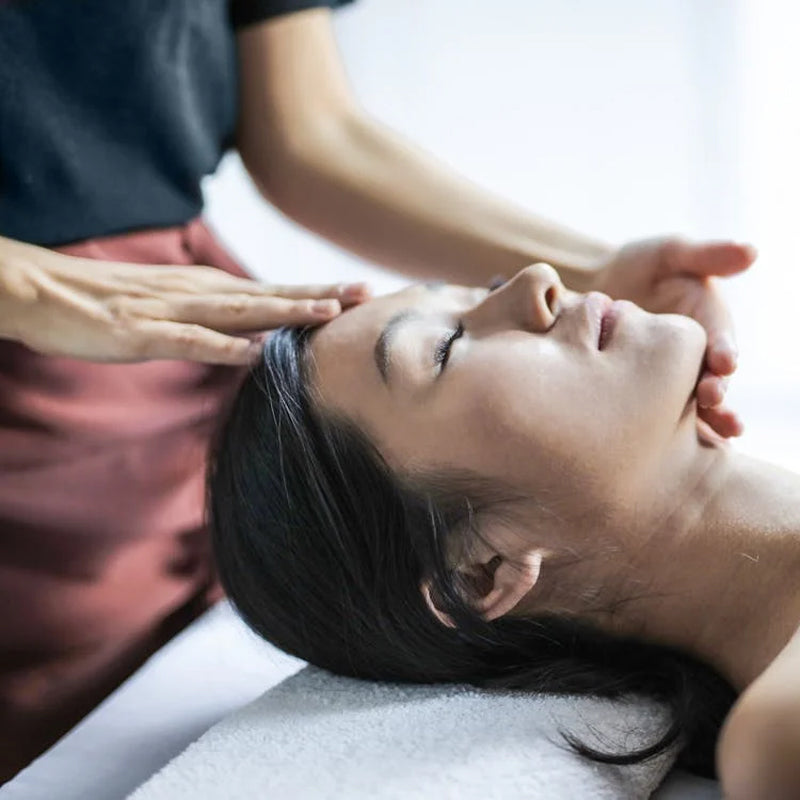Who does arthritis affect the most?
There are a few main categories of people that are at more of a risk of contracting severe arthritis.
Though arthritis can happen to just about anyone, there are certain risk factors you should be aware of
when understanding if you are a part of the population who could have this degenerative joint disease.
Osteoarthritis, rheumatoid arthritis, and gout are the three main types of arthritis.
Below are the risk factors that make you most likely to contract these diseases.
WHAT ARE THE RISK FACTORS OF OSTEOARTHRITIS (OA)?
Risk Factors that can increase your chance of developing osteoarthritis include:
● Age (This disease can occur at any age, but it is most commonly diagnosed in middle-aged individuals).
● Gender (Women are more likely to develop OA, though no one knows why).
● Obesity (Extra body weight adds stress on your joints like knees and hips).
● Joint injuries (Injuries that happened many years ago can increase your risk of osteoarthritis dependent on the healing process).
● Repeated stress on the joint (Your occupation or a continued sport you play repeatedly stresses on your body without change can cause an old sports injury to develop osteoarthritis like shoulder arthritis if you play tennis).
● Genetics (There is an inherited risk for developing osteoarthritis).
● Bone deformities (There is the possibility to be born with malformed joints or malformed cartilage).
● Certain metabolic diseases (Diabetes and hemochromatosis can cause your body to have an imbalance that increases the chance of developing osteoarthritis).
The risk factors around osteoarthritis are mainly based on physical limitations and past injuries. Osteoarthritis is a development that occurs in a long process of deterioration and symptoms need to be watched closely.
WHAT ARE THE RISK FACTORS OF RHEUMATOID ARTHRITIS? (RA)?

Risk Factors that can increase your chance of developing rheumatoid arthritis include:
● Gender (Women are more likely than men to develop rheumatoid arthritis).
● Age (People can be diagnosed at any age; however, the disease is most commonly diagnosed in middle-aged people.)
● Genetics (If someone in your family history has rheumatoid arthritis, you may have an increased risk of the disease).
● Smoking (Smoking cigarettes increases your risk of rheumatoid arthritis. It additionally can make the disease have another level of severity because it takes a toll on your immune system).
● Environmental factors (Some exposures such as asbestos or silica may increase the chance of developing this disease).
● Obesity (People who are overweight appear to be at a higher risk of developing rheumatoid arthritis).
Rheumatoid arthritis is an autoimmune disease and its main risk factors are genetic predispositions.

WHAT ARE THE RISK FACTORS OF GOUT?
Risk Factors that can increase your chance of developing gout include:
● Gender (Men are more likely than women to develop gout).
● Genetic Predisposition (If someone in your family history has gout, you have an increased risk of the disease).
● Obesity (People who are overweight are at a higher risk of developing gout).
● Excessive alcohol intake.
● Exposure to lead in the environment.
● Previous history of organ transplants.
● Medication regimens that have diuretics, aspirin, cyclosporine, and other types of drugs.
● Eating foods with high levels of purine (meat, seafood, and vegetables).
The main risk factor to consider with gout is that it is a result of uric acid build-up in the body when the kidneys cannot remove enough of it. This is quite common when you consume food and drinks that are high in purines. A healthy diet and regular exercise are the main factors when trying to avoid gout and similar arthritis flare ups.

